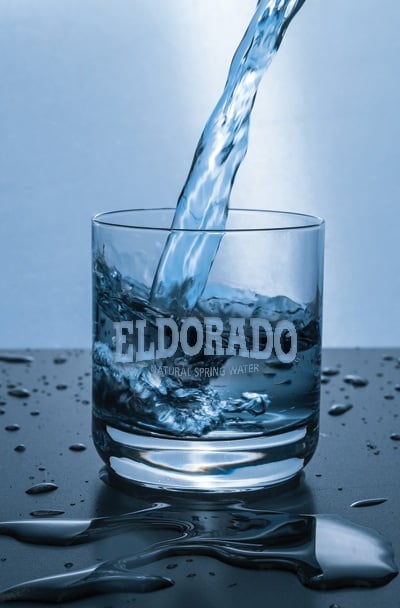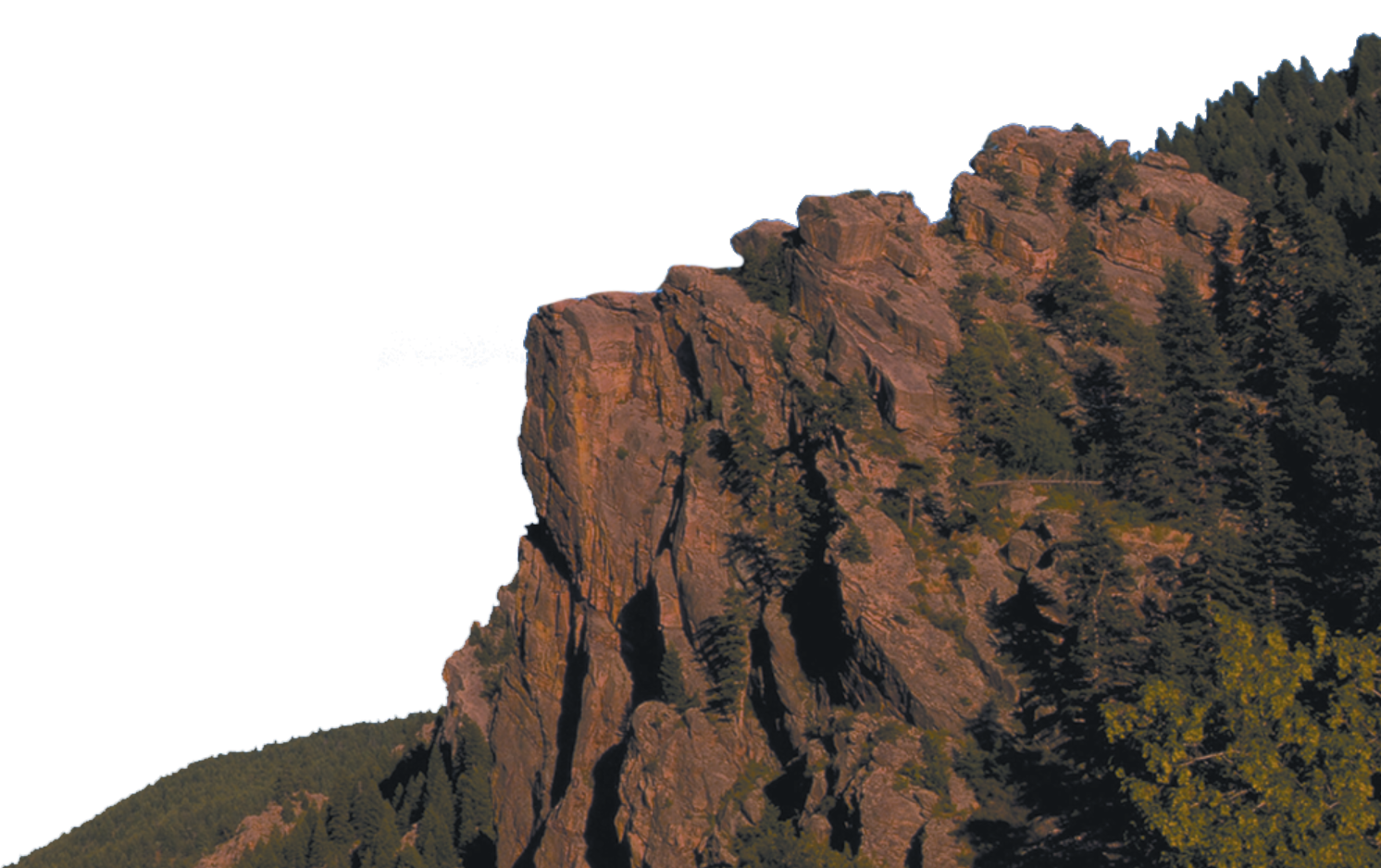It’s not uncommon in chemistry that two substances with similar spellings have very different properties. Such is the case with chlorine and chloride. When considering the composition of our natural spring water, it’s important to understand the difference between chloride and chlorine.
Chlorine and Chloride Defined
Chlorine is a greenish-yellow diatomic gas. Highly reactive and a powerful oxidizing agent, it is almost never found free in nature. Most chlorine is commercially produced. It is best known for its use in purifying water and as a component of cleaning products.
Chloride is a negatively charged ionic form of chlorine. Because chlorine is so reactive, it virtually always exists in nature as part of a compound like chloride. Neutral salts like sodium chloride (table salt), potassium chloride, and calcium chloride are formed from chloride and are abundant in nature.
All living things require chloride to survive. It aids in the process of plant photosynthesis and is also an electrolyte that plays a major role in hydration in humans and animals. What’s more, it supports the electrical impulses that our nervous system needs to function.
Eldorado's Water: Natural Chloride and No Chlorine
It’s easy to confuse the names chlorine and chloride. What’s important to remember is that our natural spring water contains no chlorine, the disinfectant that can be toxic at higher levels. Chloride, on the other hand, is safe for consumption and helpful to many biological processes. Our water contains healthy levels of naturally occurring chloride, making it a great choice for keeping you and your family well hydrated and energized.


Water Wise
Get Helpful Tips and Important Water Information
Water is our life! Check out our blog as we roll out important water information, tips on all things water related, and what we at Eldorado do to make sure we are providing you with up-to-date research and information that pertains to the water you love to drink.


















